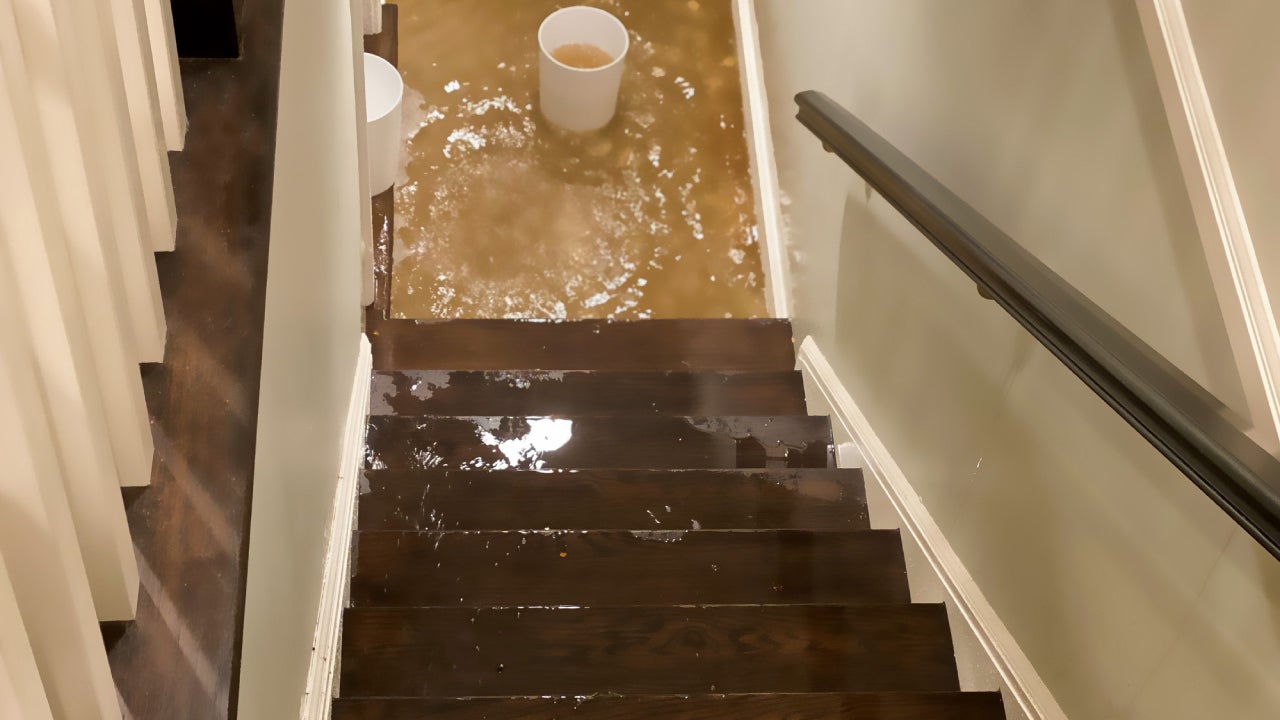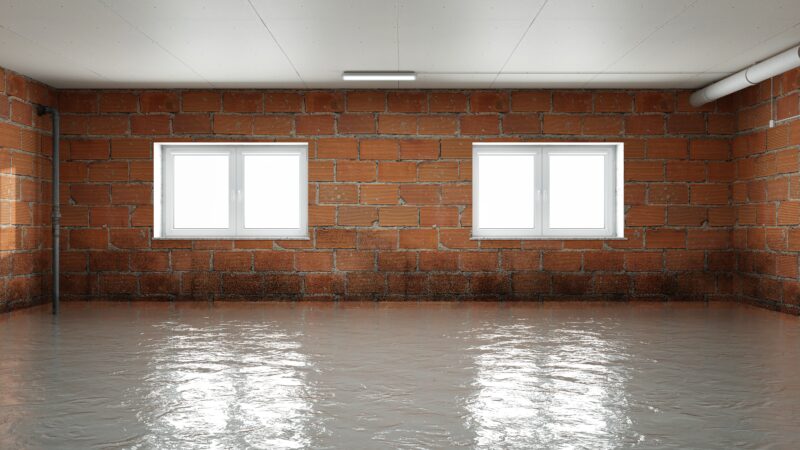Keeping your basement dry can often feel like an uphill battle, especially in areas prone to heavy rainfall or flooding. The thought of moisture creeping into your home can be daunting—not only does it pose a risk to your belongings, but it can also lead to more severe issues like mold growth and structural damage.
As homeowners, we seek peace of mind, and that begins with understanding the steps necessary to flood-proof your basement. From examining the grading around your property to employing advanced waterproofing techniques, there are a plethora of strategies at your disposal.
In this article, we will explore innovative solutions and practical tips to effectively keep water at bay, ensuring that your basement remains a safe, secure space for years to come. Whether youre a seasoned DIY enthusiast or a first-time homeowner, the information ahead will empower you to take control of your basements environment and protect your investment.
Understanding Basement Flooding: Causes and Consequences
Recognizing sign of foundation leaks is a critical step in mitigating basement flooding risks. By addressing leaks early, you can protect your home from water intrusion and reduce the chances of extensive damage to your property.
Understanding basement flooding involves grasping not only its myriad causes but also the far-reaching consequences it can entail. Various factors, from prolonged rainfall to melting snow, can inundate your basement, often exacerbated by poor drainage systems or foundation cracks that act like open invitations for water.
Even seemingly minor issues, such as clogged gutters or improperly graded landscapes, can culminate in significant water intrusion. The aftermath? A damp and unwelcoming environment that fosters mold growth, structural damage, and the potential for costly repairs.
Beyond the physical damage, the emotional toll of dealing with flooded basements can disrupt daily life and instill a sense of insecurity in homeowners. Awareness of these elements is crucial, paving the way for effective flood-proofing measures that safeguard your space against natures unpredictable whims.
Assessing Your Basements Vulnerability

Assessing your basements vulnerability requires a keen eye and an understanding of your homes specific landscape. Start by identifying the drainage patterns around your property: do you notice water pooling near your foundation after heavy rains? Inspect the walls and floor of your basement for cracks and openings—these are prime entry points for water.
Additionally, consider the history of flooding or moisture issues in your area, as local weather patterns can significantly influence your basement\’s risk level. Don’t forget to evaluate the condition of your gutters and downspouts; if they’re clogged or improperly directed, they could contribute to water intrusion. Conducting a thorough assessment now can help you devise effective strategies to fortify your basement against the relentless force of water, protecting your home and peace of mind.
Essential Flood-Proofing Techniques

To effectively safeguard your basement against flooding, it’s vital to implement a combination of essential flood-proofing techniques that work synergistically. Start by assessing your propertys grading; ensure soil slopes away from your foundation to redirect water flow.
A reliable gutter system is your first line of defense—invest in oversized downspouts and extend them at least six feet from the foundation. Inside the basement, consider installing a sump pump equipped with a battery backup system to handle unexpected power outages.
Additionally, applying waterproof sealants to walls and floors can create an impenetrable barrier against moisture. Venturing further, you might explore the installation of drain tiles, which can be a game-changer in managing groundwater pressures.
Remember, this isn’t just about one solution; it’s about creating a multifaceted strategy to keep your basement dry, secure, and ready to withstand natures challenges.
Conclusion
In conclusion, flood-proofing your basement is an essential step in protecting your home from water damage and ensuring a safe living environment. By implementing effective strategies such as proper drainage, sealing cracks, and installing sump pumps, you can significantly reduce the risk of flooding.
Remember, the key to a resilient basement lies in regular maintenance and being proactive in addressing potential vulnerabilities. For those seeking professional assistance, consider consulting experts like Foundation Waterproofing Niagara at https://www.foundationwaterproofingniagara.com/, who can provide tailored solutions to keep your basement dry and secure for years to come. Investing in these precautions not only preserves your property but also offers peace of mind knowing you’ve taken the necessary steps to protect your home from the damaging effects of water.


